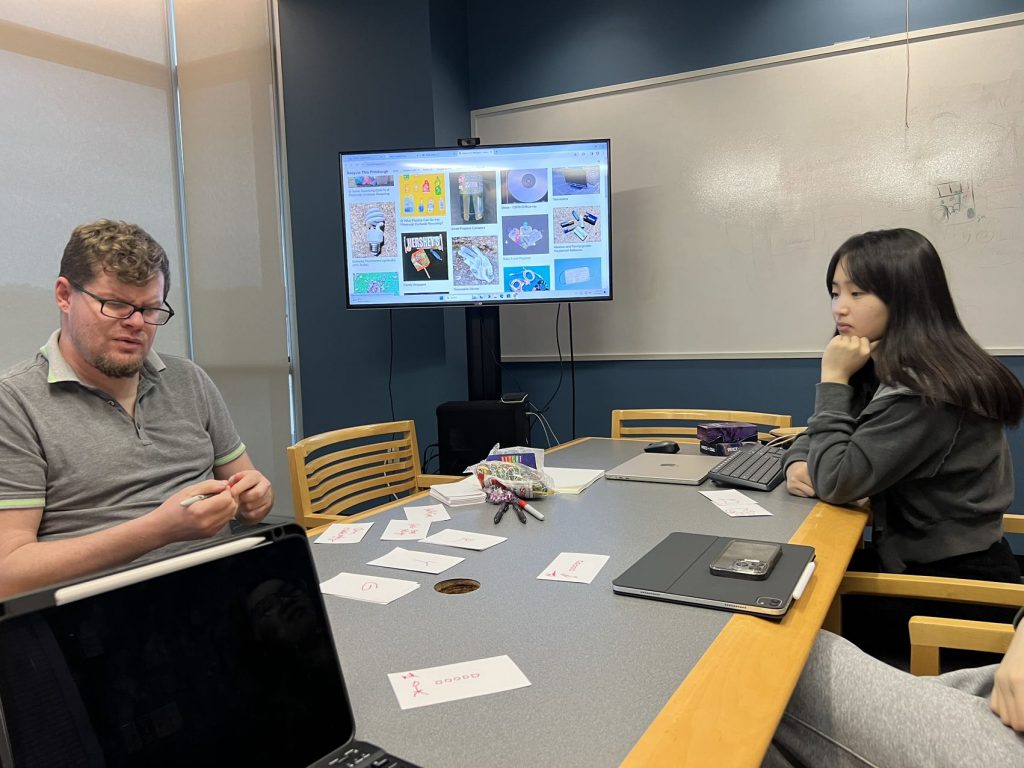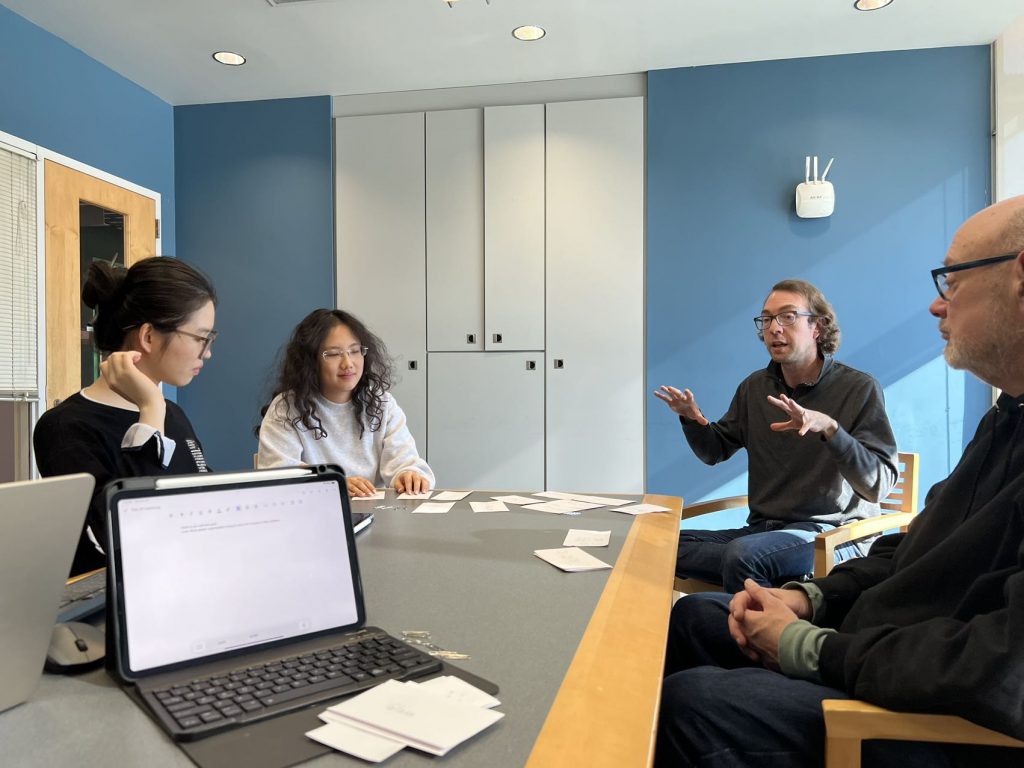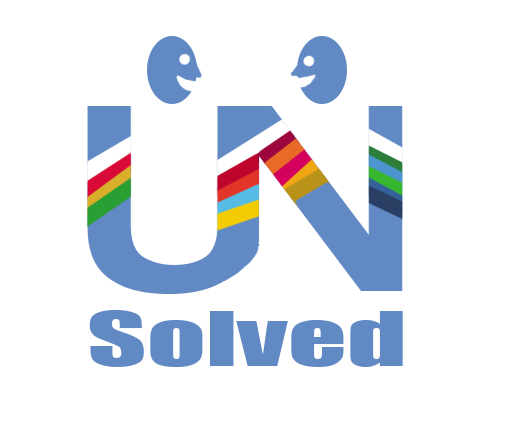Overview: On Monday, we presented our new gameplay to the faculty. The feedback we received showed concern over our progress, the direction we were headed, and the viability of our plans moving forward. After careful consideration, we decided to pivot our focus to the global recycling system.
Read more to find out the challenges we faced, the lessons we learned, and our revised plans.
What happened (producer’s perspective)
There were major discrepancies between our team’s and faculty’s visions. We operated under the belief that we had defined a promising, under-explored topic area. However, we faced challenges in researching information from certain perspectives (such as institutions or government sources). Despite these hurdles, based on the progress of our research, insights from our subject matter expert, and positive responses on our direction, we continued with the hope that feedback from the half presentation would provide solutions or guidance to the bottleneck we encountered.
As a result, we put together a rough gameplay structure to illustrate the elements and parameters we intended to showcase, focusing on the two stories that our subject matter experts and faculty advisors found intriguing.
Prior to the presentation, the team has expressed concern about the connection we aimed to establish between journalists’ interactions with institution’s personnel and the concept of information access at the UN level. It was challenging to create a direct link from the general public to the hardships faced by journalists, and then to the broader idea of freedom of information on a global scale. We believed that highlighting journalists as the primary source of information for the public would raise awareness and promote activism for information access. However, it became evident that this connection was weak and lacked a clear execution in terms of call to action and rhetorical reflection.
In addition, we failed to consider the potential controversy around our backgrounds and the historical events upon which we based our experience (Unabomber and Pentagon Papers).
All of these factors contributed to the sudden “in danger” status of our project, prompting the faculty’s suggestion to entirely change our topic area.
What we learned
Throughout our journey, we found ourselves constantly realigning our purpose with new information we uncovered. The more we engaged with our subject matter expert, the more we felt compelled to lean into their perspective and utilize the information they provided.
Initially, our aim was to shed light on a broad concept, but as we attempted to make it more profound and specific, we steered further away from our core message.
While we came up with multiple paper prototypes, none were sufficiently developed by the time of the half presentation. This made it challenging for others to visualize the experience and provide meaningful feedback.
Looking ahead, we will be establishing a concise core message and purpose for our experience. We will concurrently conduct research and develop potential gameplays. Most importantly, we will balance the depth within our topic in a way that aligns with our scope, resources, and context.
Decision
After careful consideration, we determined that pivoting our topic would be the best course of action. The challenges we faced in our previous topic space had become overwhelming, in addition, the team lost passion and interest due to the sensitivity and complexity surrounding it. Above all, it was no longer within our scope.
Following Monday’s presentation, we quickly regrouped and began exploring topics that are more “safe” and align better with the UN’s theme.
Dave and his partner’s experiences with recycling inspired us to revisit a topic we had dismissed at the beginning of the semester – recycling. Surprisingly, this topic turned out to have a lot of nuances that we thought we knew about but didn’t. Best of all, there is a plethora of available research and resources. Now, the team feels enthusiastic about delivering a profound experience that has the potential to call for global actions or raise awareness about an issue that is relatable to individuals worldwide.
What are we making now
After three days of all hands on deck, we have developed a three-stage experience that guides players through the nuances and far-reaching impacts of recycling. The journey begins with individuals sorting recyclables into proper categories and progresses to unveil the broken state of the global recycling system, which includes illegal burning, shipping trash to poorer countries, and manipulated metrics for measuring recycled materials.

After the playstorming session with Jonathan, as shown in the picture above, we developed the first paper prototype for our new topic.
The prototype shown in the picture below is an attempt at the core of the experience, focusing on the third stage: dealing with recycling on a national level. Players assume the roles of four different countries: China, the U.S., Brazil, and Germany. Each country has its own metrics for costs, demands, limitations, and budget. The main goal is for players to get rid of their “trash” cards by carefully considering the consequences of different actions.



